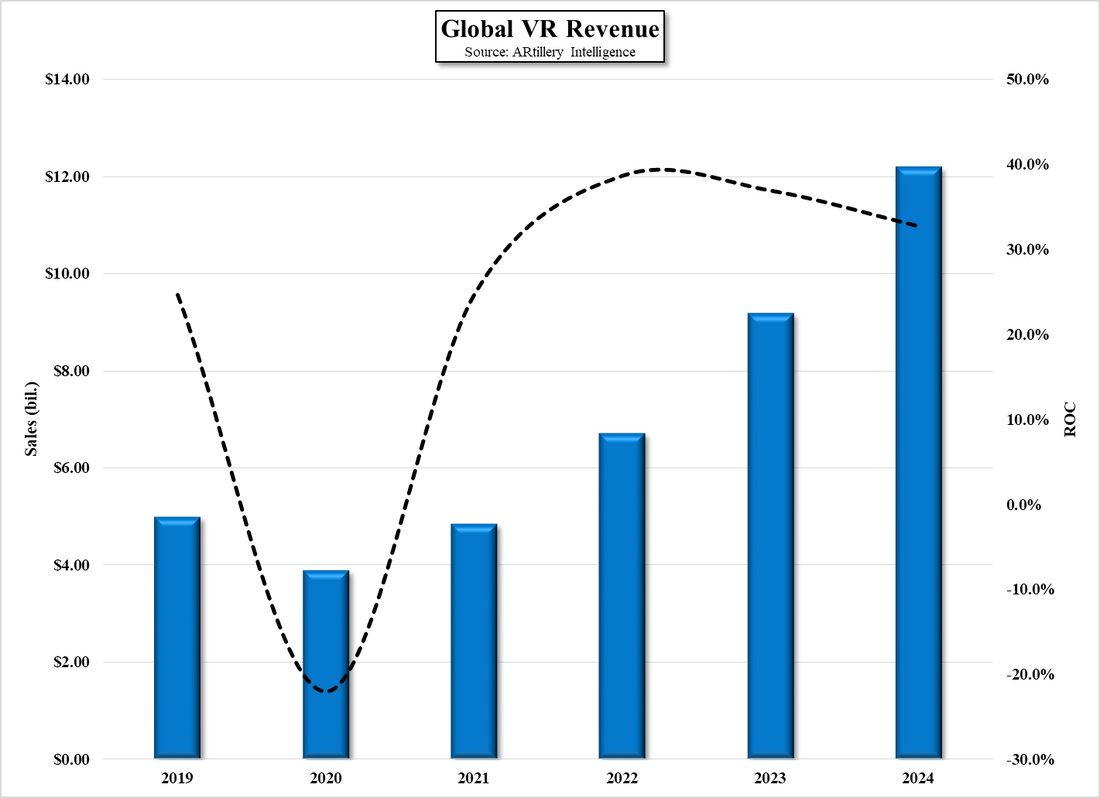Why Don’t You Own A VR Headset?
65% of survey respondents indicated that cost was a factor in determining interest, and even the seeding of the VR headset market by Facebook’s (FB) Oculus 2 ($300 base price) does not seem to have changed general consumer perception about VR. Application cost was also mentioned as a factor given the relatively high cost of VR application production, which gets passed on to consumers. Latency has been a problem for VR, and while difficulties with VR generally do affect a portion of the population, latency is one area that is improving regularly, both at the hardware level and the networking level, and while VR will not generate enough momentum currently to encourage network improvement on its own, there is the possibility that more sophisticated hardware can tap into that potential.
One area in the VR space that we see as ripe for consumer concern is privacy and security, which we expect will become an even greater concern as the Metaverse becomes a bit more practical. While only a bit more than half of cell phone users are concerned about stolen passwords, identity theft, and illegal tracking, the opportunities for such nefarious activities will expand as the Metaverse’s “Wild West” will open new pathways for cybercriminals to gather information. Will application developers make their VR apps secure? Probably not, until they have to, and if NFTs and cryptocurrencies are any example, criminals will use their own expertise to bypass rudimentary security practices, and with each publicized ransacking, wary consumers will move further from the VR world.
All in, VR has no killer application to draw in a doubtful public, and the survey results seem to indicate considerable resistance. Even the questions about what VR applications might increase interest in a VR headset seemed mundane and a stretch in terms of applications that would excite consumers, and for virtual shopping to come in below pornography, does little to justify the expenses retailers seem to be willing to put behind the Metaverse, where they believe they can sell both real and virtual items. Given in many cases retailers see the Metaverse as a salvation to the problem of a generational disinterest in brick and mortar shopping or just feel the need to have a presence, even if it is a passing fab, but even Apple’s potential entry into the space (see above), while it might push some to try VR, would need a killer application that has sustainability, and in that regard VR remains a product looking for an application. Until one is found, unless they give them away, its going to continue to be a hard sell.


 RSS Feed
RSS Feed